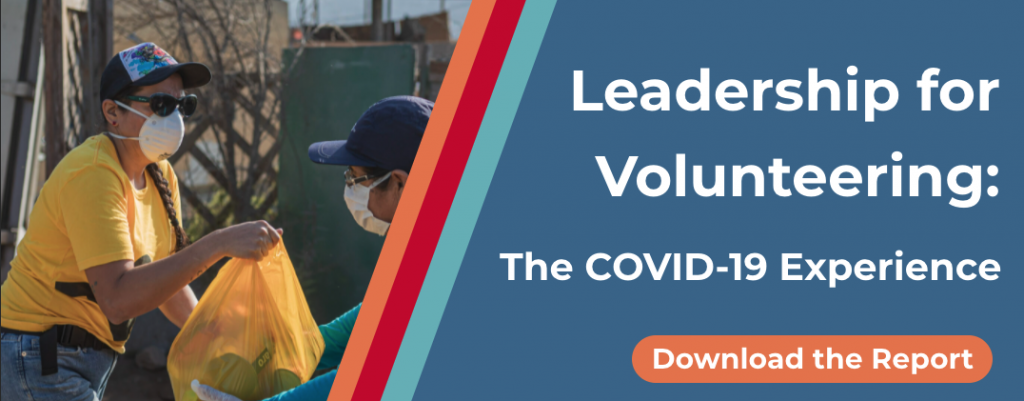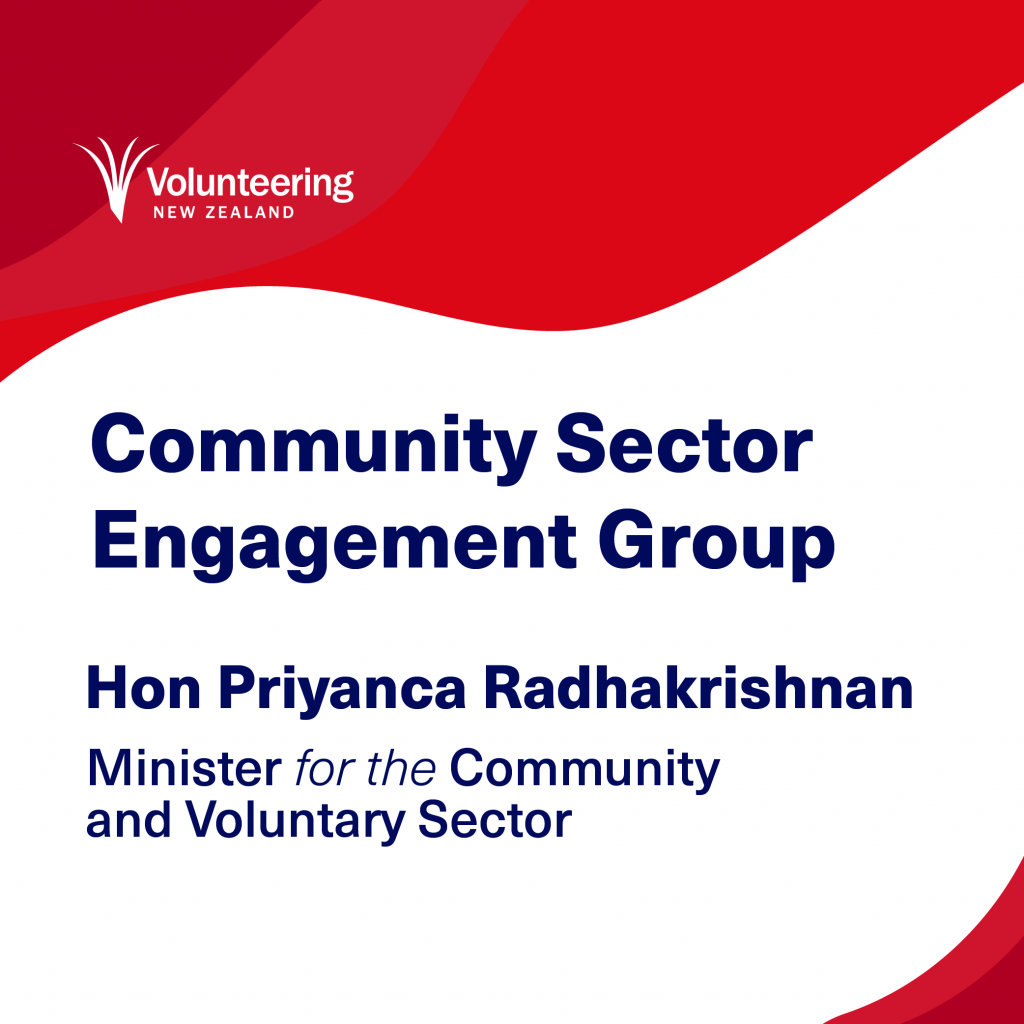Strong leadership helped the volunteer sector respond to the COVID-19 pandemic globally, and will help ensure something positive comes out of it, according to a new report by International Association for Volunteer Effort (IAVE).
The report examines how COVID-19 has impacted the strategic leadership role of national Volunteer Leadership Organisations (VLOs) in advocacy, development and volunteer mobilisation during 2020-21. Data was gathered from organisations in 67 countries across the world.
Volunteer Leadership Organisations played a critical role in the sector’s response to the unprecedented challenges for volunteer-involving organisations caused by the COVID-19 pandemic. Three-quarters of respondents developed a more strategic leadership approach. Making use of existing networks or creating new ones helped to strengthen advocacy for the sector, and mobilise volunteers.
For example, Volunteering New Zealand initiated a weekly online meeting with the 17 national volunteer centres to support their work; and it worked with the National Crisis Management Centre to develop guidelines to help with the response under new restrictions (COVID-19 alert levels).
The evidence shows that across the globe the pandemic increased the complexity of the volunteering environment. The findings indicate six themes for the VLO strategic response to the pandemic:
- Partnerships and coalitions: COVID-19 led to VLOs being involved in more partnerships, working to mobilize, support and advocate for volunteering.
- Advocacy: COVID-19 highlighted the role of VLOs in creating an enabling environment for volunteering.
- The development role of VLOs: COVID-19 opened up new opportunities and/or changed priorities for the capacity-building work of VLOs.
- Volunteer mobilisation: During COVID–19 VLOs continued and/or increased their support for volunteer mobilisation.
- The strategic role of VLOs: COVID-19 produced a step change in volunteering and VLOs had to adapt strategically to deliver an effective response.
- VLOs and the future of volunteering: Post COVID-19, VLOs must sustain and build their organisational resilience to be effective advocates for and supporters of volunteering as a catalyst for change in the world.
Ongoing change and unpredictability are likely to be the hallmarks of the future of volunteering. However, relationships formed at the local, regional and multinational levels will continue to be important. Volunteer Leading Organisations will be influential in their strategic leadership role.






About The Author: Michelle Kitney
Chief Executive, Volunteering New Zealand
More posts by Michelle Kitney